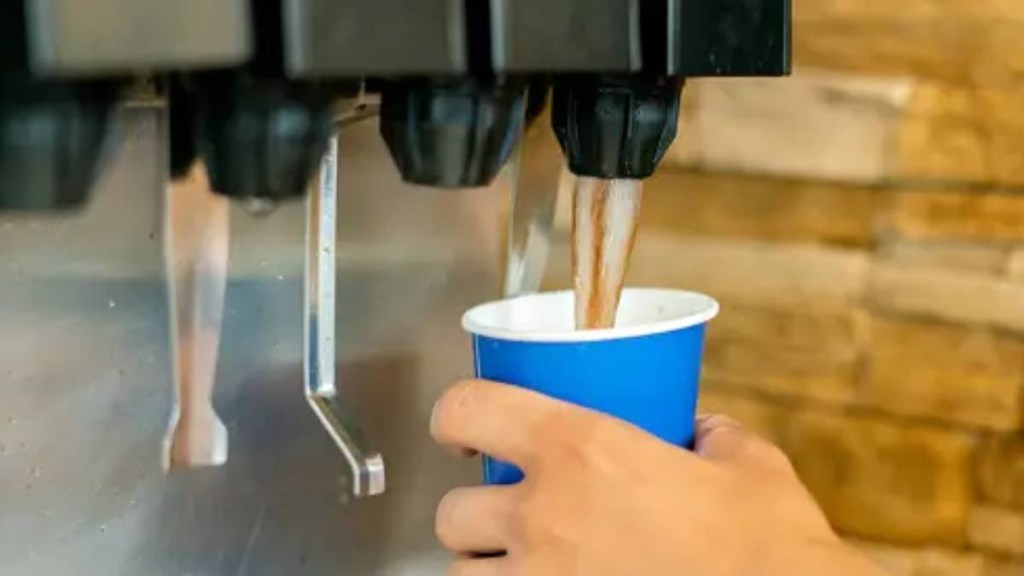The fast food culture is growing everywhere, and so is its harmful impact on human bodies. Usually fast food is best paired with soda-carbonated drinks that we get from a dispenser called a soda fountain, and it’s time for you to worry about these soda fountain machines fitted in giant stores. A recent study by Loma Linda University, US, detected ‘superbug’ infection in approximately 41% of soda fountains.
The study involved a survey conducted in the eastern Coachella Valley by Thomas Hile, a researcher affiliated with Loma Linda University who ‘identified’superbug’ germs reportedly in 80% of soda fountain tap swabs, 50% of restaurant tap water, and 20% of water vending machines. These germs included antibiotic-resistant Pseudomonas aeruginosa, Campylobacter jejuni, listeria, salmonella, and E. coli.
The researcher explained ‘superbug’ as strong immunized bacteria, making them difficult to treat and potentially life-threatening. Finding “superbugs” in places like soda fountains is alarming and calls for immediate attention and action because these bacteria can cause infections that are difficult to treat, potentially causing severe illness or even death in vulnerable individuals if not properly addressed.
As one may expect, the lack of seriousness in fast food restaurants, which results in unsanitary food and storage, is the cause of the rising bacteria issue in soda fountains. As consumers, we should make thoughtful decisions, according to experts. As a provider, companies must set up rigid cleanliness and hygiene standards in the kitchen.
While health authorities and regulatory bodies should be involved to make sure that enterprises are adhering to safety and sanitation rules or need to impose stronger regulations in light of this revelation, consumers should be made aware of this concern and told to take safeguards. To avoid bacterial contamination, the quality of the water used in the soda fountains needs to be carefully monitored and maintained. Water treatment and filtration systems may also need to be modified to assure safety and avoid future health concerns.








